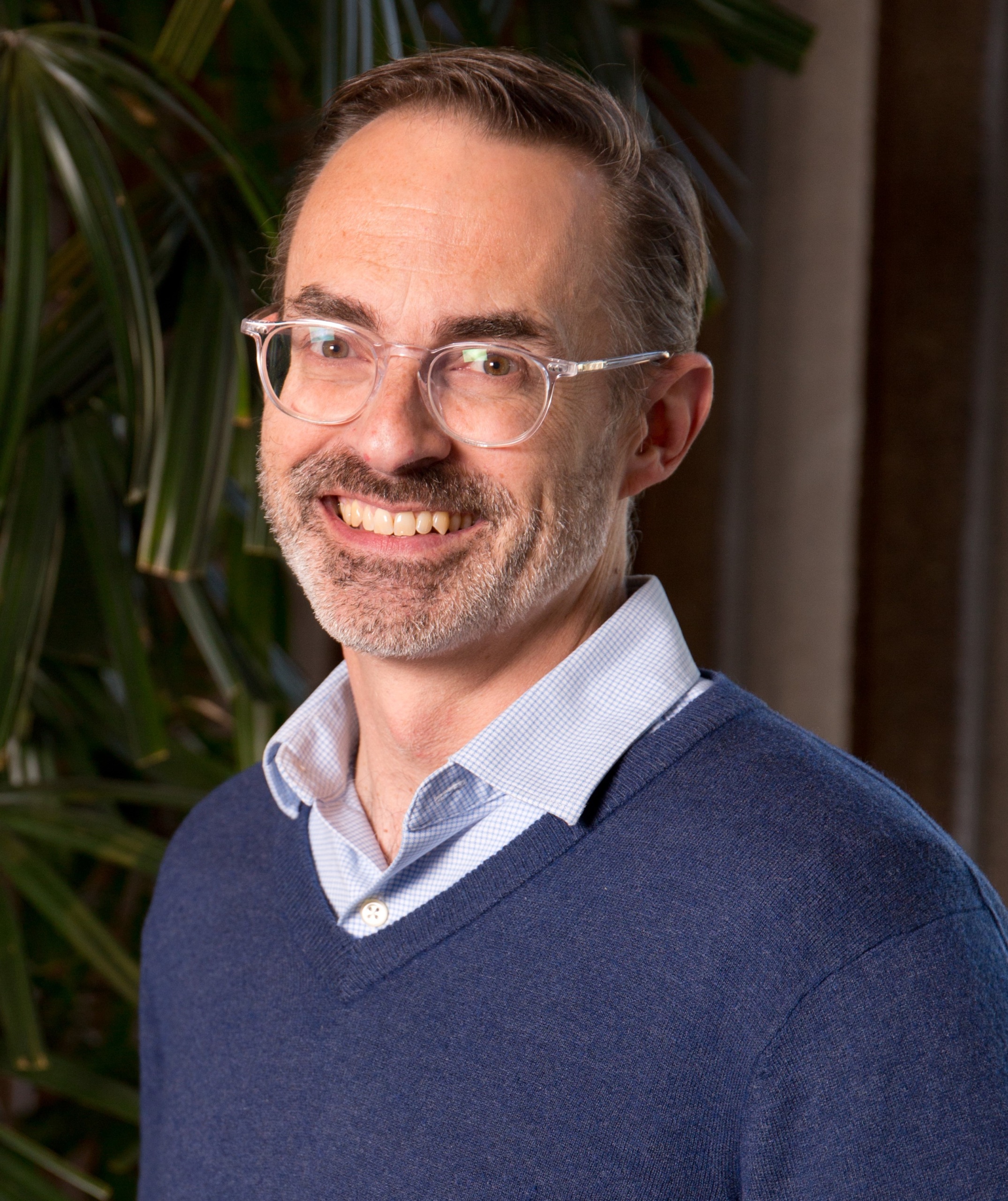
Telling the Global Warming-Extreme Weather Story
The recent NOAA/Met Office report points – I hope – toward another change, in which climate scientists use the tools at their disposal to answer the questions that are important to people as they confront the issue of global warming, including: What does global warming mean for me, my loved ones, and people in my neighborhood?
Scientists have had a notoriously difficult time explaining the implications of global warming in ways that resonate with the public. It is no coincidence that the single most effective educational piece ever produced about global warming – Al Gore’s An Inconvenient Truth – was the brainchild of a career politician and seasoned Hollywood hands. Storytellers, in other words.
There are signs, however, that scientists are beginning to rise to the challenge, the most recent example of which is this remarkable report from scientists at the National Oceanic and Atmospheric Administration (NOAA) and Britain’s Met Office, published in the Bulletin of the American Meteorological Society. In the report, esteemed scientists attempt to unpack what, if any, role global warming may have had in six of 2011’s most extreme weather events.
As our February report, In the Path of the Storm, documented, extreme weather is a major threat to the environment, public health and property in the United States, and 2011 was an especially bad year for it. From tornadoes in the Midwest to extreme rainfall in the Northeast to flooding on the Mississippi and Missouri rivers to exceptional drought in Texas, the nation faced a costly and devastating onslaught of weather-related disasters.
There has long been strong scientific evidence suggesting that certain types of extreme weather events – heavy downpours and hot spells, for example – will become more frequent or more severe as a result of global warming, as well as more equivocal or nuanced links to changes in complex weather phenomena such as hurricanes. But that evidence has often been communicated in ways that are abstract, theoretical, technical and highly qualified. Global warming deniers, on the other hand, have had no qualms about putting forward clear, well-defined – and wrong – explanations of what’s happening with the climate. Guess which side punches above their weight in the media and politics?
Now, however, there are signs that climate scientists are taking off the gloves. Joe Romm notes at Climate Progress, the recent heat wave has driven leading scientists to make “blunt” connections between extreme heat and global warming. As Romm notes, that clarity has resulted in both more frequent and more accurate media coverage of the issue in recent weeks.
The recent NOAA/Met Office report points – I hope – toward another change, in which climate scientists use the tools at their disposal to answer the questions that are important to people as they confront the issue of global warming, including: What does global warming mean for me, my loved ones, and people in my neighborhood? The fact that this report came out in mid-2012, at a time when the Texas heat wave is still a vivid, living memory, is also encouraging.
We need more of this. The plain fact is that 20+ years of intense scientific focus on the mechanisms and impacts of global warming has thus far resulted in very little actual action to stop it. Convincing the public and decision-makers of the reality of global warming, the severity of its impacts, and the real potential to prevent the worst of those impacts through actions that benefit all of society, is the single greatest challenge facing humanity today. It’s great to see climate scientists taking that challenge seriously.
Authors
Tony Dutzik
Associate Director and Senior Policy Analyst, Frontier Group
Tony Dutzik is associate director and senior policy analyst with Frontier Group. His research and ideas on climate, energy and transportation policy have helped shape public policy debates across the U.S., and have earned coverage in media outlets from the New York Times to National Public Radio. A former journalist, Tony lives and works in Boston.
